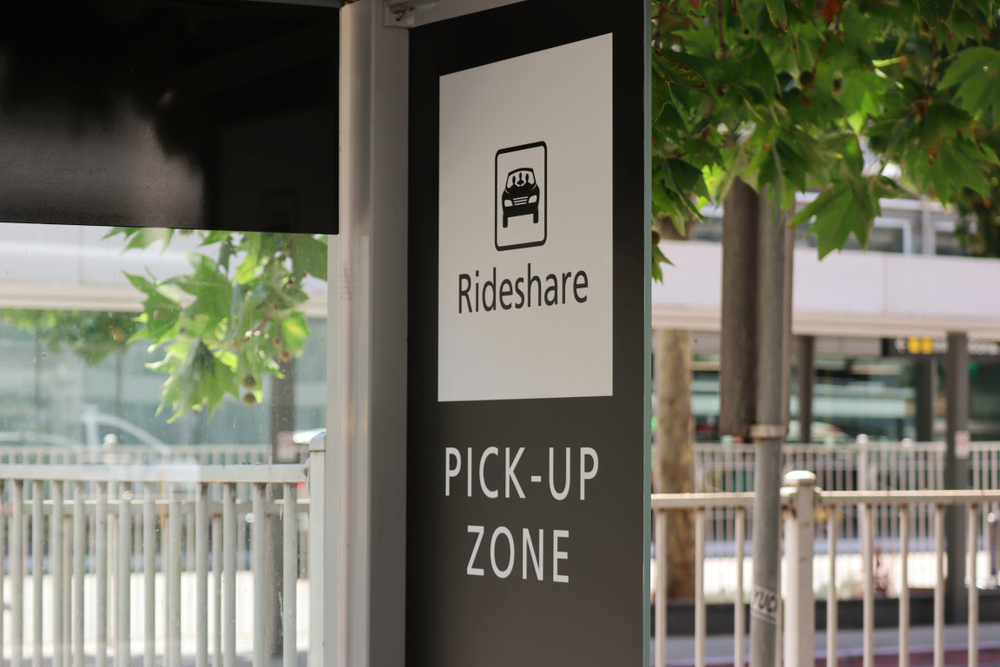Authorities in Clovis, California, are on the hunt for a suspect accused of sexually assaulting a woman after posing as a rideshare driver outside a bar near Fresno. The alleged incident, which occurred on April 21, 2024, has prompted a multi-state search for the perpetrator, a long-haul driver police say could be anywhere in the U.S.
Suspect Wanted for Kidnapping, False Imprisonment, Sexual Assault
According to police reports, 27-year-old Bikramjit Singh is wanted for kidnapping and sexually assaulting a woman he picked up while falsely presenting himself as an Uber driver. The victim, who had been leaving a bar, was unaware that Singh’s vehicle was not registered with the rideshare company. After picking her up, Singh allegedly drove the woman to a location in Fresno, where he carried out the sexual assault.
As a long-haul truck driver, Singh is believed to have been able to evade authorities by taking advantage of his ability to travel across the United States, making him a particularly elusive and dangerous perpetrator. Investigators say that Singh told the victim he had committed similar crimes in the past.
This alarming case sheds light on the growing issue of rideshare abuse, a troubling trend that has seen a surge in reports of sexual assault, harassment, and violence within the industry. As authorities continue their pursuit of the suspect, it is crucial to examine the broader implications of this incident and the steps being taken to address the safety concerns surrounding rideshare services.
The Rise of Rideshare Assaults in the United States
The rapid growth of ridesharing platforms like Uber and Lyft has led to an alarming rise in reports of abuse and assault. In 2017 and 2018 alone, Uber received nearly 6,000 reports of sexual assault, including hundreds of cases of rape. Lyft, too, has faced its share of sexual assault allegations, with over 4,000 reported incidents from 2017 to 2019. These alarming statistics underscore the urgent need for comprehensive action to address the safety and security of both passengers and drivers within the rideshare ecosystem.
What is Rideshare Assault?
Rideshare assault encompasses a wide range of harmful acts that can leave survivors traumatized and vulnerable. From sexual abuse, such as unwanted touching, groping, and non-consensual sexual penetration, to physical abuse, including assault, battery, and kidnapping, the spectrum of rideshare abuse is both diverse and disturbing.
Verbal abuse, such as harassment, threats, and intimidation, further exacerbates the trauma experienced by survivors, leaving lasting emotional scars. The multifaceted nature of rideshare abuse underscores the urgent need for comprehensive action and support for victims and their loved ones. As the industry continues to grow, the responsibility to ensure the safety and well-being of all participants has become increasingly critical.
Holding Rideshare Companies Accountable for Assaults, Attacks
Rideshare companies like Uber and Lyft have a legal duty to exercise reasonable care in ensuring the safety of their passengers. When they fail to meet this duty, they may be held liable for the harm caused through negligence and vicarious liability claims. A growing number of lawsuits filed by survivors of rideshare assaults seek to hold Uber and Lyft accountable for the harm they have suffered.
Negligence claims against rideshare companies typically revolve around their failure to properly screen drivers, implement adequate safety measures, respond promptly to reports of abuse, and prioritize passenger safety. Under the legal doctrine of vicarious liability, rideshare companies may also be held responsible for the actions of their drivers, even if the company itself did not directly participate in the abusive behavior.
Rideshare Companies Must Address Safety Concerns of Customers
Uber has stated that it is working with the Clovis Police Department and that the suspect, Bikramjit Singh, was not a registered driver on their platform. Still, the case serves as a chilling reminder of the dangers that can lurk within the rideshare industry. Despite implementing safety measures like ride check-ins, 911 assistance, location sharing, and annual background checks for drivers, Uber and Lyft have been plagued by thousands of reports of sexual assaults, kidnappings, and rapes in recent years.
In order to protect passengers from harm, rideshare companies must take immediate and decisive action to address the safety concerns of their customers, implementing features like enhanced driver screening, real-time monitoring of ride activities, and streamlined reporting and response protocols for incidents of abuse. By prioritizing the safety and security of their customers, these companies can regain the public’s trust and demonstrate a genuine commitment to their users’ safety.
Lawmakers and regulatory agencies must also step up their oversight of the rideshare industry, ensuring that companies are held accountable for their actions (or inactions) and that robust safety standards are enforced. This may involve the implementation of stricter licensing requirements, mandatory incident reporting, and the establishment of independent safety boards to monitor industry practices.




